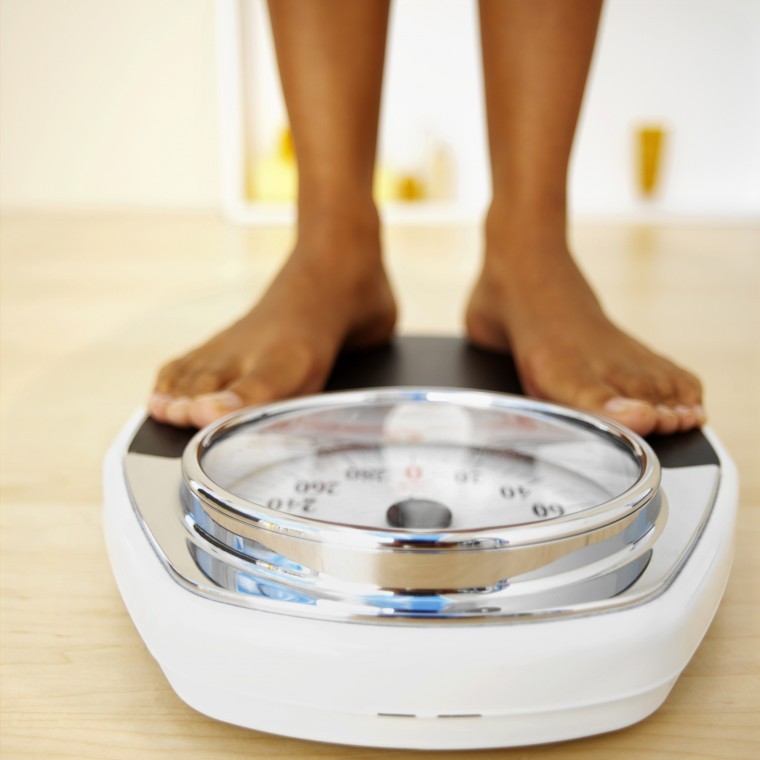Weighing-in on the ‘Freshman 15’
October 11, 2011
Junior elementary education major Jessica Krabbe remembers how hard it was to make healthy food choices as a freshman.
“It was a whole new experience being away from home for the first time,” Krabbe said. “The meal plan is ridiculously huge, and you try to spend the whole thing [every week].”
Even as an upperclassman, Krabbe said it’s still difficult for her to eat healthy because she goes out to dinner with friends often and there is always “so much good junk food” to choose from.
Dietetic intern Jennifer Schuett said studies have shown that freshmen, on average, gain five to 10 pounds in their first year of college. Healthy food choices, physical activity and stress management are important factors in preventing weight gain, Schuett said.
“Some students continue [gaining weight] past their first year, but if healthy habits develop, the chance of weight gain decreases substantially,” Schuett said.
Schuett said college students, especially freshmen, might be making their own food choices for the first time without having knowledge about what a balanced diet is.
One of the common mistakes students make is not eating enough protein, which causes them to eat a lot more food to feel full, Schuett said. Schuett said it is possible for students to eat at fast food restaurants and dining halls while still maintaining their weight. It’s all about using your plate as a guide, Schuett said.
As part of what Schuett called the “plate method,” students should fill their plates halfway with fruits or vegetables, a quarter with a grain product and a quarter with a lean meat.
Even if you stay up late, still limit yourself to three meals and one to two snacks daily, Schuett said.
“A lot of times when people stay up later, they will end up with a fourth meal in the day, and that can contribute to an extra 500 calories which in a week’s time can add to a pound of weight gain,” Schuett said.
Students should exercise for 30 minutes daily, but if they don’t have enough time to work out, they can incorporate physical activity into their daily schedule by walking to class instead of taking the bus and by using stairs instead of elevators, Schuett said.
Junior education major Sarina Martinez said she likes to run on a treadmill or play basketball to avoid gaining weight.
Schuett said some students might use food to cope with stress, which can also contribute to weight gain.
“Students should manage stress in a positive way such as walking, drawing pictures, participating in fitness classes or utilizing the campus counseling if needed,” Schuett said.
Schuett’s tips to avoid weight gain
1. Stick to three meals and one to two snacks each day.
2. Limit one alcoholic drink per day for women and two for men.
3. Don’t drink too much soda, juice or sports drinks.
4. Manage stress in a positive way.
5. Order meals a la carte at the dining halls to control your portions.
6. If you have a busy schedule, plan ahead by packing healthy snacks or a lunch.
7. Set aside 30 minutes each day for physical activity.







